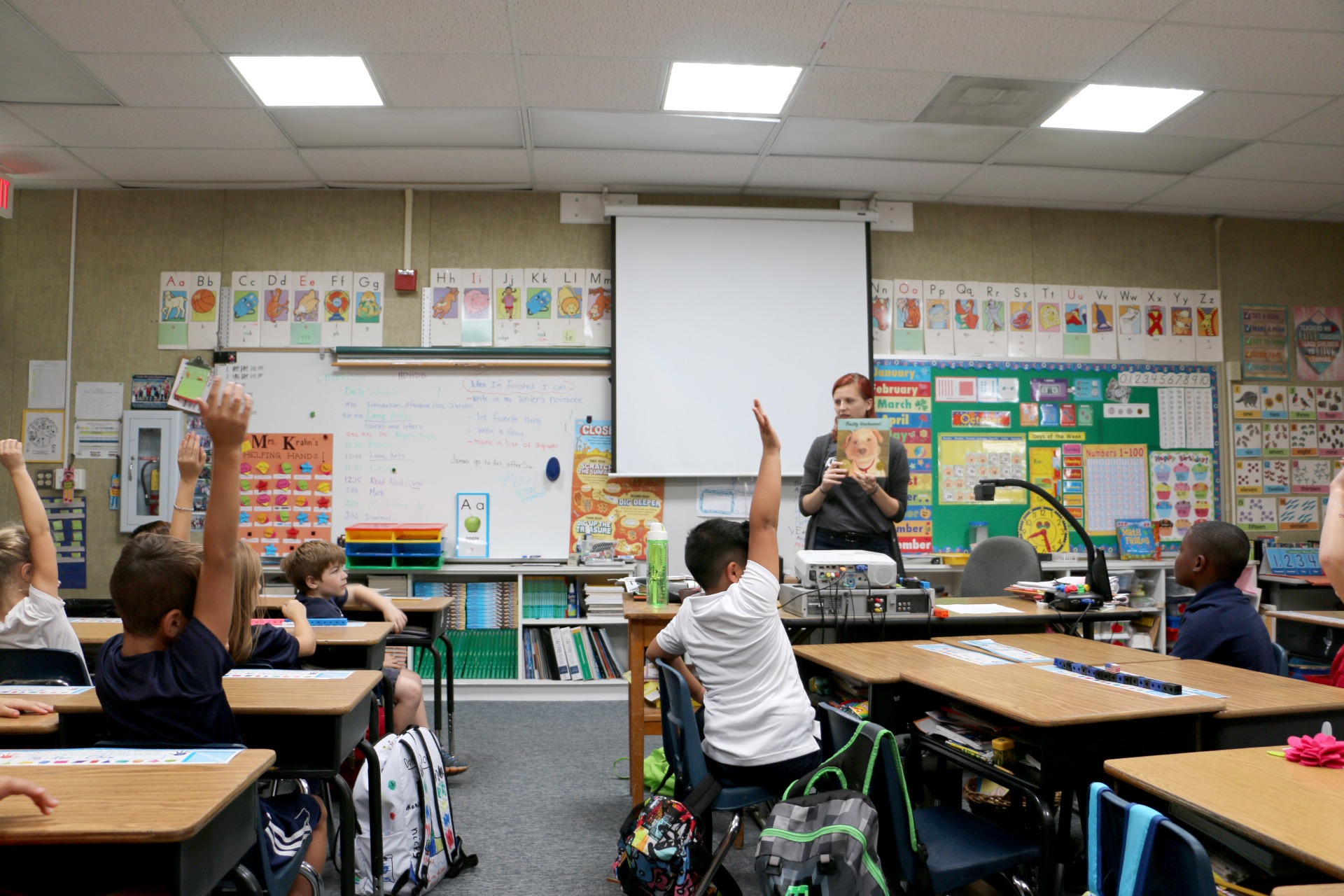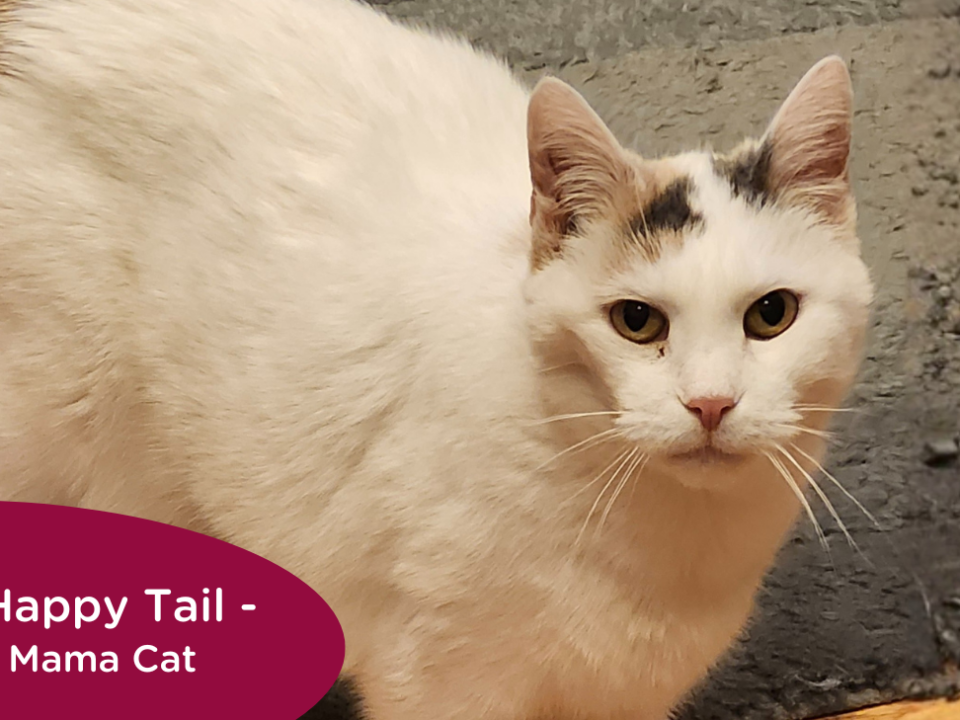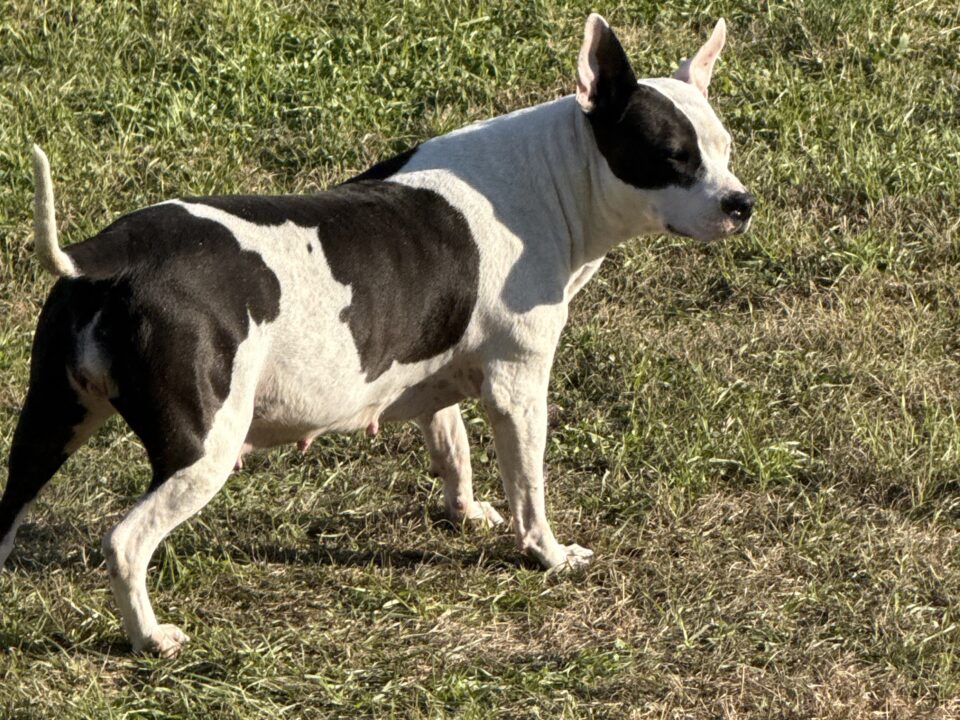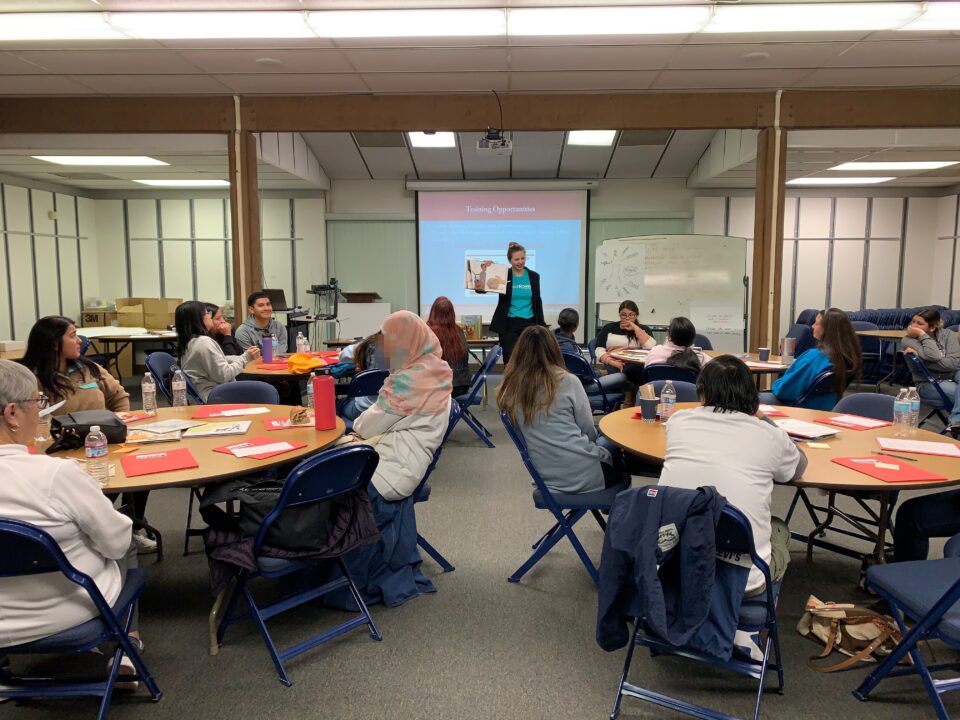Social and emotional learning: Working at the roots of kindness
June 15th, 2022
By Caty Franco, Project Manager
Social and emotional learning – you may have heard this term recently. It’s a buzzword of late that’s been conflated with other hot-button topics in education, but what is it exactly? How does it relate to RedRover’s mission to bring people and animals out of crisis and strengthen the human-animal bond?
George T. Angell, founder of the Massachusetts Society for the Prevention of Cruelty to Animals and the American Humane Education Society, put it this way: “I am sometimes asked, ‘Why do you spend so much of your time and money talking about kindness to animals when there is so much cruelty to men?’ I answer: ‘I am working at the roots.’”
Social and emotional learning is working at the roots to build the foundational skills – the building blocks – of the traits that contribute to a healthy society, such as kindness, empathy, fairness, and responsibility. How can we create a generation of people that is kind to each other, to animals, to the environment, and to themselves? We can teach children social and emotional learning skills, which include:
- How to be aware of their own emotions and perspectives (self-awareness)
- How to regulate their own emotions (self-management)
- How to be aware of others’ emotions and perspectives (social awareness)
- How to make responsible decisions (responsible decision-making)
- How to build healthy relationships with others (relationship skills)

Through research and many years in the classroom, we’ve observed that teaching kids concepts like “Be Kind to Animals” is not as effective as teaching students the foundational skills behind kindness. Both children and adults can learn and practice the skills needed for kindness and empathy. Sometimes, children don’t have an adult in their household who is already equipped to model and teach these skills themselves. By teaching empathy skills in the classroom, we can close that gap and reach students regardless of their circumstances.
Our education program, RedRover Readers, takes a unique approach to social and emotional learning. We know that children are naturally curious about animals – and stories about animals tend to be more engaging for children. Our program builds off this natural curiosity to help children take the perspective of the human and animal characters while reading colorful, high-quality children’s literature. Some questions that may emerge during a RedRover Readers session are:
- How do you think the dog is feeling in this picture? How is the boy feeling in this picture? How can you tell? (Identifying emotions in others, both humans and animals – social awareness)
- How would you feel if you were in that situation? (Perspective-taking and self-awareness)
- What would you do if you were in that situation? (Responsible decision-making)
By facilitating these conversations with students, our goal is to better equip them to face the world as an adult – a complicated world that can be full of big feelings like love and connectedness, and also pain, hurt, and confusion. If students can face a difficult situation in a healthy way, being able to manage their own emotions and take the perspectives of those around them, they are more likely to respond kindly and responsibly. RedRover is working at the roots to help students make responsible decisions rooted in kindness towards the people and animals in their lives and make the world a better place.
Learn more about the RedRover Readers program >
Sign up for our RedRover Readers Interest List to stay informed of upcoming workshops >



